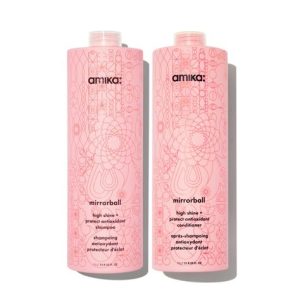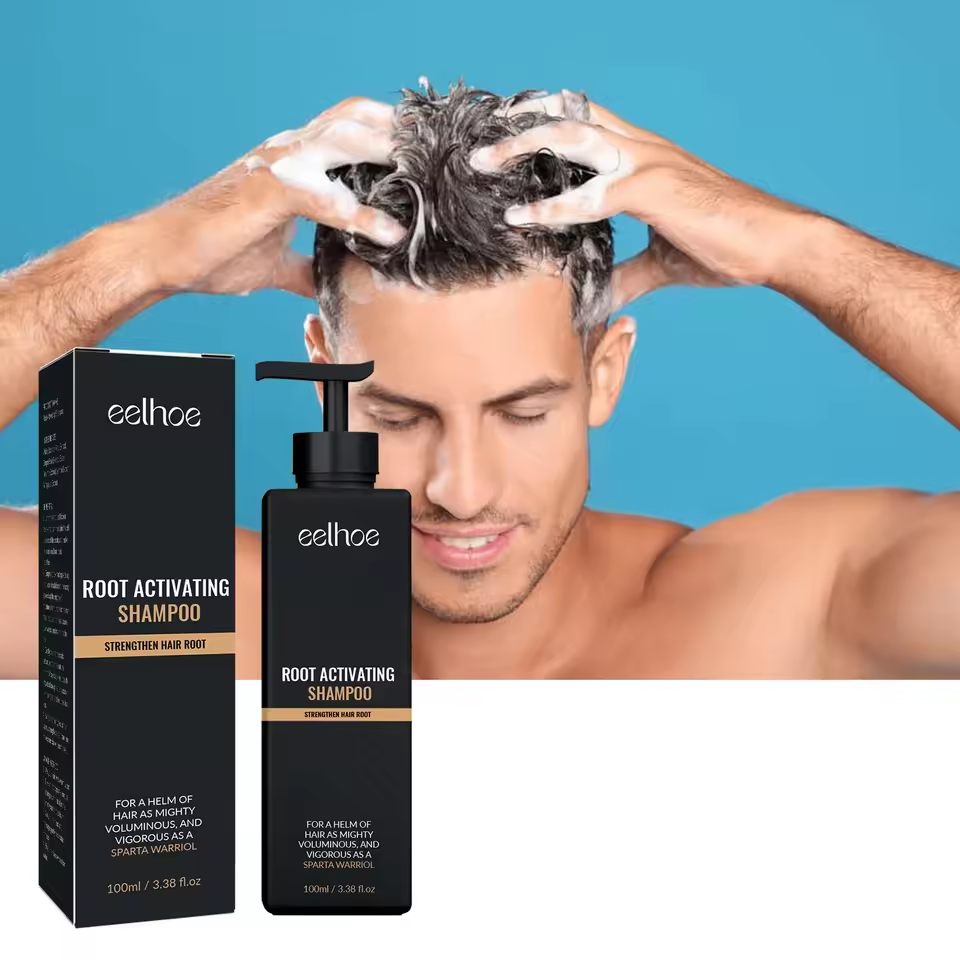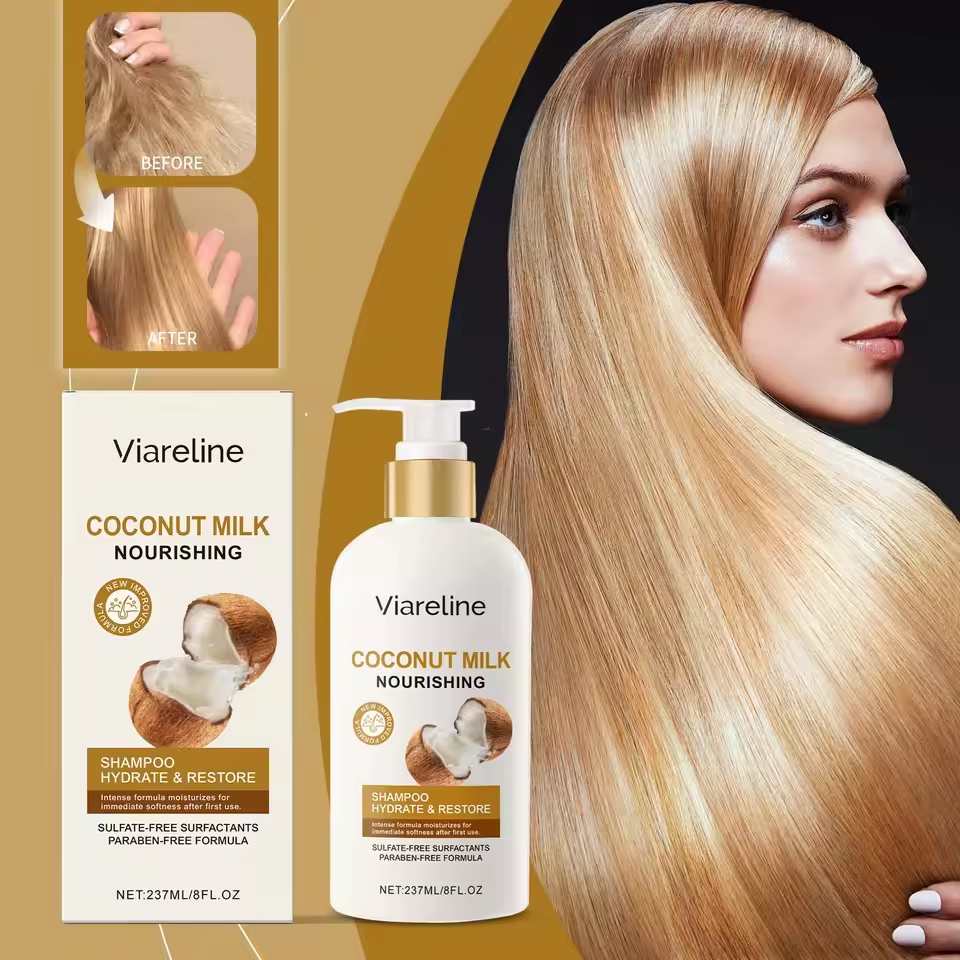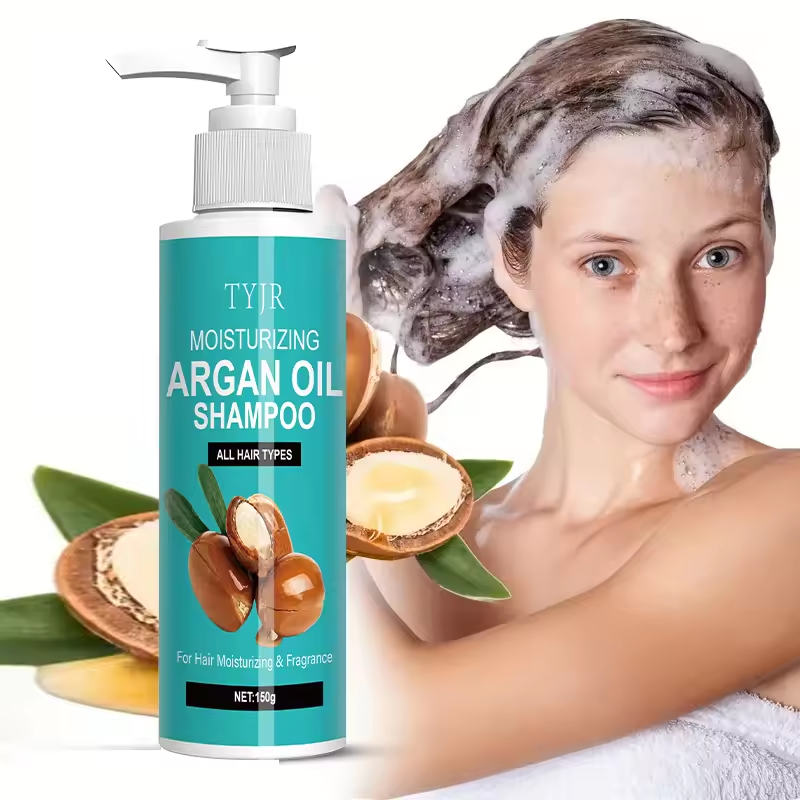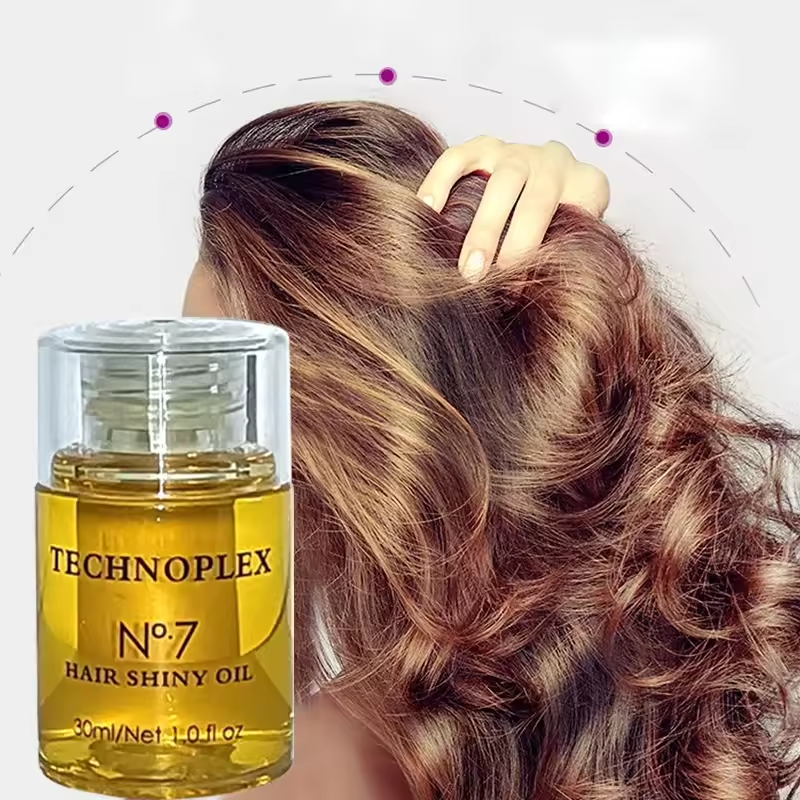Oily hair can be frustrating to manage. You wash it, and it feels great, but by midday, it seems greasy again. Don’t despair! There are steps you can take to control oil and keep your hair looking fresh and healthy. This article offers guidance on finding the best conditioner for oily hair and provides general recommendations on conditioner ingredients to target.
Understanding Oily Hair
Oily hair happens when your scalp produces too much sebum, a natural oil that helps keep your hair hydrated. However, excess sebum can weigh down hair and make it look greasy. Several factors can contribute to oily hair, including:
- Genetics
- Hormones
- Stress
- Diet
- Certain hair products
If you’re concerned about persistent oiliness, it’s always a good idea to consult a dermatologist or doctor to rule out any underlying conditions.

Shampooing and Conditioning for Oily Hair
- Focus on the scalp. When shampooing, target your scalp where the oil is produced. Massage the shampoo gently into your scalp and roots. You can even dilute a small amount of shampoo with water for a gentler clean.
- Condition, but strategically. Conditioner is important for all hair types, including oily hair. It helps keep hair hydrated and manageable. However, focus on applying conditioner to the mid-lengths and ends of your hair, avoiding the roots where oil is concentrated.
Choosing the Best Conditioner for Oily Hair
-
Look for lightweight formulas. Heavy conditioners can weigh down fine or oily hair. Look for lightweight conditioners labeled “volumizing” or “clarifying.”
-
Consider ingredients. Some ingredients are particularly beneficial for oily hair:
- Volumizing agents like panthenol or rice protein can add body without weighing down hair.
- Humectants like glycerin or aloe vera can help hair retain moisture without feeling greasy.
- Botanical extracts like nettle or green tea can help regulate sebum production.
-
Avoid ingredients that can worsen oiliness. Steer clear of conditioners with heavy oils like coconut oil or shea butter, which can make hair look greasy.
Remember, what works for one person might not work for another. Experiment with different conditioners to find what works best for your hair.
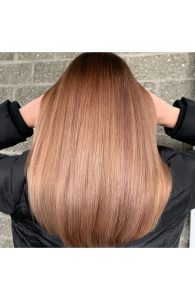
Additional Tips for Managing Oily Hair
- Wash strategically. Wash your hair as often as needed, but avoid over-washing, which can strip your scalp of natural oils and stimulate sebum production. Aim for every other day or every two days, depending on your hair’s needs.
- Clarify occasionally. Use a clarifying shampoo once or twice a month to remove buildup from styling products and excess oil.
- Be gentle. Avoid harsh rubbing or scrubbing your scalp, which can irritate it and stimulate oil production.
- Diet and lifestyle. Certain dietary factors and stress can contribute to oiliness. Maintaining a balanced diet and managing stress levels can benefit your overall health, including your hair.
By following these tips and finding the right conditioner for your hair, you can keep oily hair under control and achieve a healthy, refreshed look.
More Conditioner Options for Oily Hair
Here are some additional conditioner considerations for oily hair:
-
Look for silicone-free formulas. Silicones can coat hair and contribute to a greasy feel. However, some silicones are lightweight and can provide benefits. Experiment to see what works for you.
-
Consider natural conditioners. Some people find success with natural conditioners made with ingredients like apple cider vinegar or tea tree oil. These ingredients have astringent properties that may help regulate oil production.
-
Leave-in conditioners cautiously. Leave-in conditioners can be helpful for detangling and manageability. However, use them sparingly on oily hair, focusing on the ends to avoid weighing down hair.

Experiment and Find What Works for You
The best conditioner for oily hair depends on your individual hair type and preferences. Here are some tips for finding the right product:
- Read reviews. Look for reviews from people with hair similar to yours.
- Sample sizes. Many brands offer conditioner samples or travel sizes. This is a great way to try a product before committing to a full-size bottle.
- Return policy. Check the store’s return policy in case a conditioner doesn’t work out for you.
By following these tips, you can find a conditioner that helps you manage oily hair and achieve healthy, beautiful hair.
Oily hair can be frustrating, but it’s manageable. With a focus on gentle cleansing, strategic conditioning, and using the right products, you can keep your hair looking and feeling fresh. Remember, a healthy scalp is the foundation for healthy hair. Overall hair care practices also play a significant role.
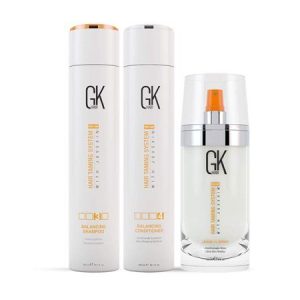
Experiment and Find What Works for You
The best conditioner for oily hair depends on your individual hair type and preferences. Here are some tips for finding the right product:
- Read reviews. Look for reviews from people with hair similar to yours. Pay attention to what ingredients they mention liking or disliking.
- Sample sizes. Many brands offer conditioner samples or travel sizes. This is a great way to try a product before committing to a full-size bottle.
- Return policy. Check the store’s return policy in case a conditioner doesn’t work out for you.
By following these tips, you can find a conditioner that helps you manage oily hair and achieve healthy, beautiful hair.
Conclusion
Oily hair can be frustrating, but it’s manageable. With a focus on gentle cleansing, strategic conditioning, and using the right products, you can keep your hair looking and feeling fresh. Remember, a healthy scalp is the foundation for healthy hair. Overall hair care practices also play a significant role.
Additional Tips:
- Scalp massage can improve blood circulation to the scalp, which can benefit hair health. You can massage your scalp while shampooing or during dry hair brushing.
- Diet and lifestyle can affect hair health. Eating a balanced diet and getting enough sleep can contribute to overall hair health.
- Healthy habits like a balanced diet and getting enough sleep can contribute to overall hair health, which can improve the appearance of oily hair.
-
By incorporating these strategies, you can effectively manage oily hair and promote healthy hair growth.
Remember, consistency is key! It may take some time to find the right conditioner for you and see results. Be patient and experiment with different options to find what works best for your hair.
By incorporating these strategies, you can effectively manage oily hair and promote healthy hair growth.


